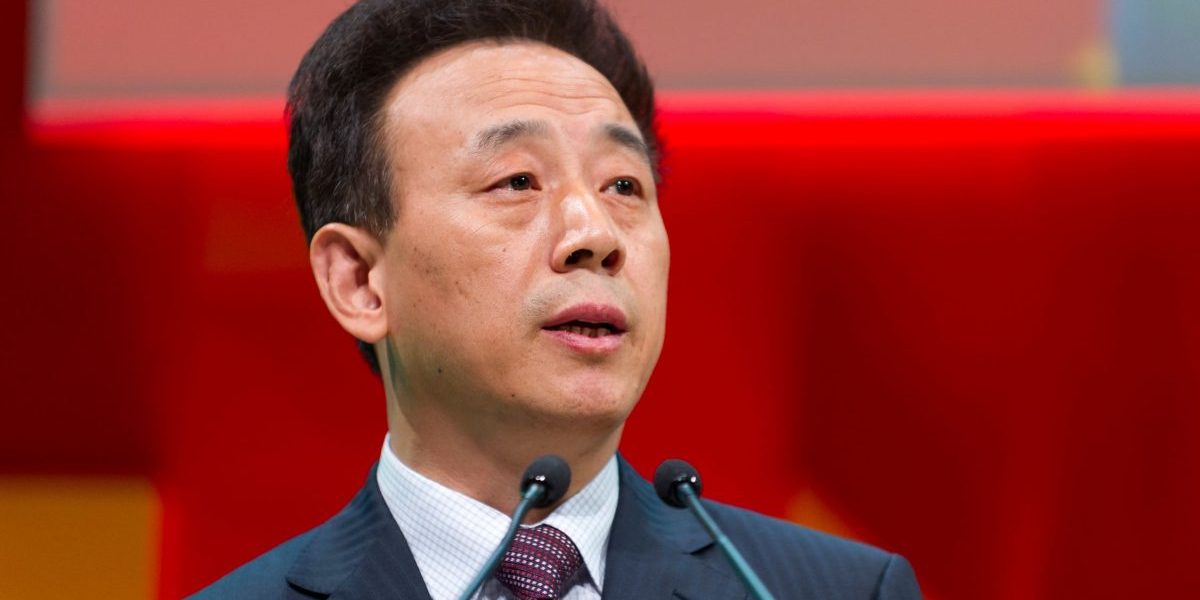Others have investigated whether such ‘rising’ or ‘emerging’ power influence has been characterized by increasing convergence or divergence to the priorities of ‘traditional’ Western donors. Many authors base their arguments on broad cross-continental trends. This paper, in contrast, employs case study analysis to analyze how the development financing of two ‘emerging’ donors – India and China – has evolved. We examine the projects financed by Indian and Chinese Exim Banks in Ethiopia. In India and China, Exim Banks work both as export credit agencies and other traditional development finance organizations, thereby blurring the boundary between development assistance and economic cooperation. Ethiopia is selected as it is a strategic partner for both countries, and existing literature has shown that the Ethiopian government is an outlier on the continent in employing its diplomatic relations to support strategic developmental goals. Indian and Chinese Exim Banks’ activities in Ethiopia are increasingly being shaped by the evolution of their respective domestic political economies. Specifically, Chinese Exim Bank activities continue to be driven by state-owned enterprises, who work with private sector companies to globalize their activities in Ethiopia through contracting opportunities. Meanwhile, Indian Exim Bank activities are increasingly being driven by Indian private sector companies, with the government creating new opportunities for Indian firms to access Exim Bank funds to support globalizing their activities. This paper is a product of interviews and examination of secondary and grey literature conducted by the authors between 2017 and 2019 in India, China, and Ethiopia.








